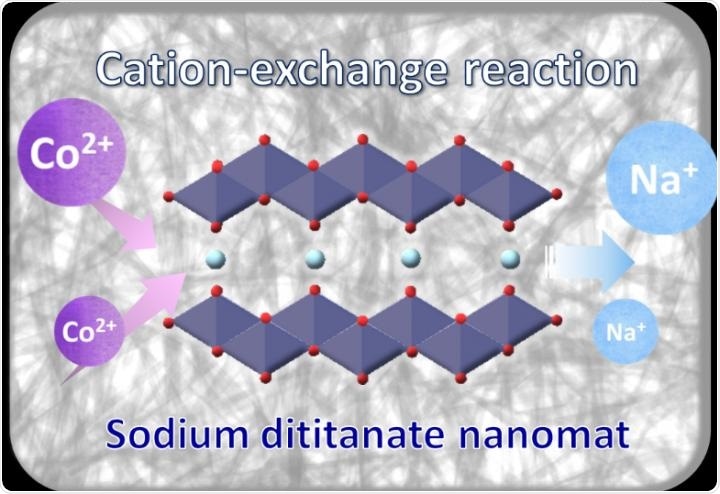A group of scientists from Osaka University has created seaweed-shaped mats made of nanofibers for use in water filters. These mats can help eliminate toxic metal ions.

Seaweed-like sodium titanate mat for CO2+ removal. Image Credit: Osaka University.
The randomly oriented nanofibers are made of layered sodium titanate and boost the efficacy of cobalt-II (CO2+) ion capture. The latest study could result in inexpensive and more effective solutions for filtering water that is presently unusable, mainly because of radioactive fallout or hazardous heavy metals.
The need for drinkable water will continue to increase to meet the needs of the rising global population. Unfortunately, several water sources have become polluted with heavy metals, like cobalt, from radioactive runoff or industrial waste.
While sodium titanate has been extensively employed to filter out these harmful substances, its efficiency is insufficient. Sodium titanate is usually a 2D-layered material; however, its crystal structure can differ depending on the preparation method and chemical composition. Furthermore, the morphological control of the sodium titanate is very essential to effectively capture radioactive and/or heavy metal ions.
Scientists from the Institute of Scientific and Industrial Research at Osaka University have now developed a new approach to create highly efficient sodium titanate filters.
We used a template-free alkaline hydrothermal process to produce the mats.”
Yoshifumi Kondo, Study First Author, Osaka University
The team noted that increasing the hydrothermal synthesis time caused the originally round crystals to become fibrous and elongated, and to form the seaweed-shaped mats containing the randomly oriented nanofibers. This seaweed-like nanoscale morphology boosted the surface area of the mats, which further enhanced the removal efficiency of CO2+ at the time of sorption tests.
Due to the progress of global warming and serious environmental pollution, the need for safe ways to remove radioactive materials and heavy metals from water resources has become even more critical.”
Tomoyo Goto, Study Senior Author, Osaka University
The nanostructured sodium titanate mats demonstrated enhanced performance for capturing CO2+ ions when compared to the material commercially available in the market. The technique is anticipated to be used in different purification systems that eliminate radionuclides and heavy metals from wastewater.
Source:
Journal reference:
Kondo, Y., et al. (2020) Sorption capacity of seaweed-like sodium titanate mats for CO2+ removal. RSC Advances. doi.org/10.1039/d0ra06662a.